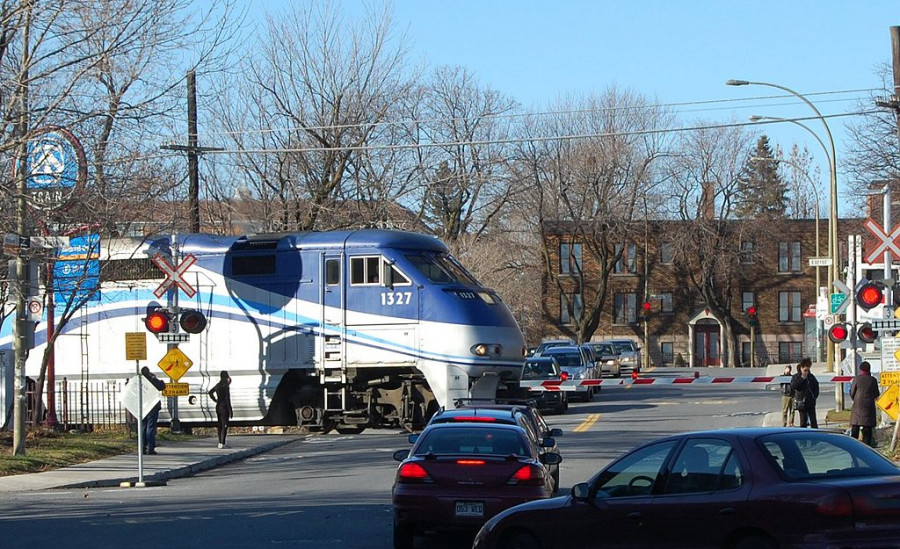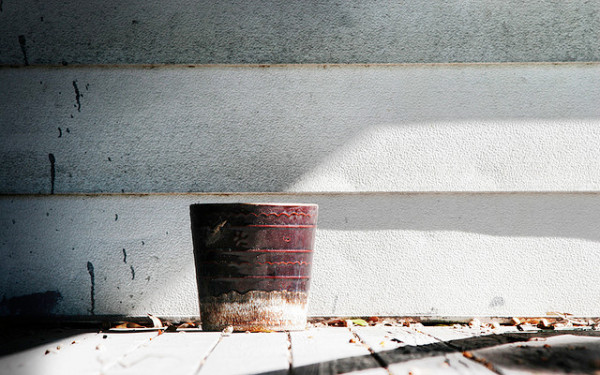Montreal-West Is Getting in the Mulch
Organic Waste Collection Program Launches in Montreal Suburb
A week into its first door-to-door organic waste collection program, some residents of Montreal-West are just beginning to adjust to the new system.
While the reaction to the program has been overwhelmingly positive, several senior residents at a meeting at the suburb’s town hall had complaints about the program.
“Some of us are not very young. I myself am 87, and have to walk a long driveway to put those bins out,” said Montreal-West resident June Gray.
Over 25 Montreal-West residents gathered yesterday at an information session to ask questions about the new program and express their concerns.
The session was part of a series of public meetings, presentations and information campaigns aiming to teach residents about organic waste disposal. Meetings have been taking place throughout the town since the project launched Oct. 1.
For locals like Gray, adapting to the new system seems cumbersome at first glance.
“Seniors are not too thrilled about another bin wheeled out,” said Chris Kearney, Montreal-West’s recreation coordinator. “They don’t like changing their habits.”
But while members at the meeting asked questions like how to clean a composting bin during the winter and whether coloured napkins, oyster shells and pet fur were considered organic waste, some expressed curiosity on how to adapt to this new program.
“I don’t particularly like saving my scraps, but it’s a good idea,” said local Andrea MacDonald.
For Elizabeth Ulin, the city councillor for recreation and cultural services in Montreal-West, it is important that residents understand the benefits of composting.
“What we want to get away from is someone thinking, ‘Oh, I have so little [compost], it doesn’t matter,’” said Ulin. “But of course, [for] a lot of people, it does matter.”
Residents became more receptive to the idea of composting after learning about the environmental and financial benefits of the program, Kearney said.
“It’s a process to try and convince people that are set in their ways, but that’s why we have [programs] like this,” Kearney said. “We’re trying to do everything we can to let this be easy for people.”
Only one week into the program and Kearney said he has already received over 250 phone calls about the project—90 percent of which he said were positive.
“I think the majority of the world is converted to this idea that [composting] is good in the long term,” he said. “It’s a matter of putting the tools in their hands and making it easier for them to do.”
With over 2,000 homes, businesses and schools in Montreal-West participating in the weekly pickup service, the program aims to remove an estimated 47 per cent of organic waste that would otherwise end up in a landfill, according to a brochure provided to the municipality’s residents.
“At the end of the day, if you use the program and you recycle properly, the amount of stuff that you throw in the trash is negligible,” Kearney said. “It’s pretty incredible actually.”






_600_375_90_s_c1.jpg)